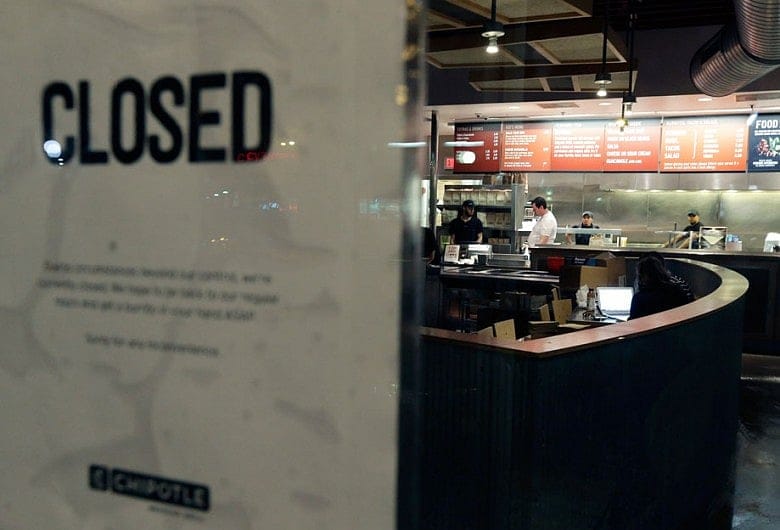Chipotle’s dubious New Year’s resolution

January is the month we make promises to ourselves: to eat healthier, drink less, get more exercise, be kinder, and generally improve ourselves. Burrito emporium Chipotle is doing the same.
Following an outbreak of E. coli and norovirus in its restaurants that sickened hundreds over the holiday season (including 140 at Boston College) which resulted in a federal grand jury subpoena as part of an FDA Office of Criminal Investigation's inquiry, the restaurant announced a provocative move to clean up (literally) its act and regain Americans' confidence.

